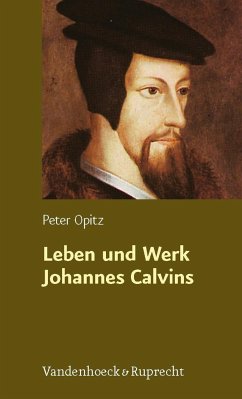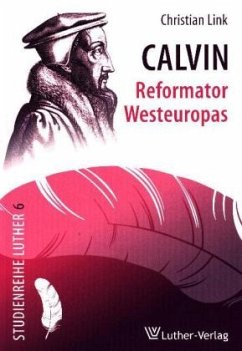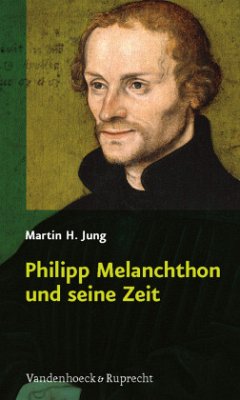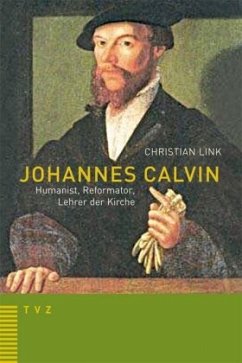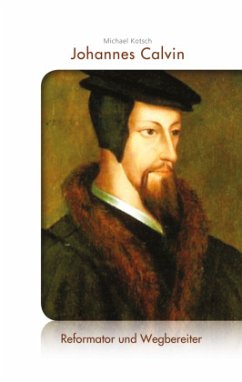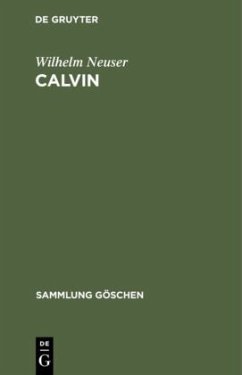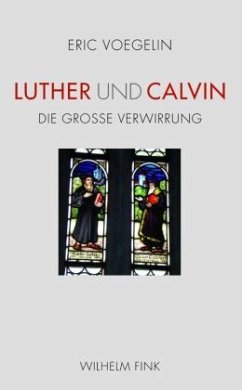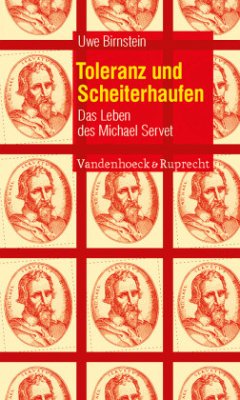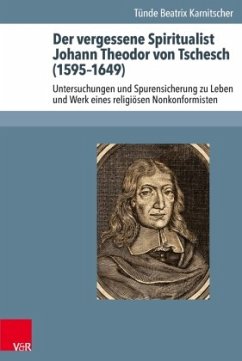Nicht lieferbar
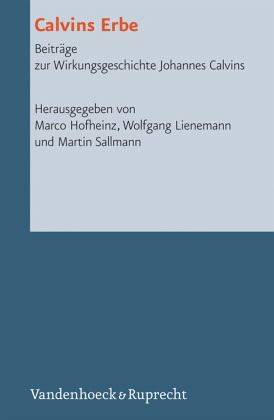
Calvins Erbe
Beiträge zur Wirkungsgeschichte Johannes Calvins
Herausgegeben: Lienemann, Wolfgang; Sallmann, Martin; Hofheinz, Marco;Mitarbeit: Freudenberg, Matthias; Hofheinz, Marco; Faber, Eva-Maria; Weinrich, Michael; Plasger, Georg; Busch, Eberhard; Werner, Ilka;
Versandkostenfrei!
Nicht lieferbar
To the present day Johannes Calvin (1509-1564) has been a great inspiration to social, cultural, political and economic life. The same may be said of so-called Calvinism, which resulted from his teachings and later developed a broad spectrum of influence. Calvin´s influence may be seen in many different forms; how one approaches them, however, is often a controversial matter."Calvin´s Legacy" undertakes a search to determine the effects Calvin had in the intellectual and cultural history of Western Europe and North America. Intellectual currents, church groups and theological trends are stud...
To the present day Johannes Calvin (1509-1564) has been a great inspiration to social, cultural, political and economic life. The same may be said of so-called Calvinism, which resulted from his teachings and later developed a broad spectrum of influence. Calvin´s influence may be seen in many different forms; how one approaches them, however, is often a controversial matter."Calvin´s Legacy" undertakes a search to determine the effects Calvin had in the intellectual and cultural history of Western Europe and North America. Intellectual currents, church groups and theological trends are studied as to how they took up and integrated Calvin´s thoughts, how these thoughts were developed further and how new accents were incorporated. Discussed are, among other things, the resistance discourse of the Monarchomachs of the 16th century, the federal theology of the Reformed Orthodox Church, the connections between Calvinism and Puritanism and Pietism, Calvin´s influence in the New World,Neocalvinism and Calvin´s legacy in Catholicism. Also touched on is the relationship of Schleiermacher and Karl Barth to Calvin´s teachings. But the volume also addresses many other controversial themes such as Calvinism and capitalism in the so-called "Weber theory," Calvinism and democracy, and Calvinism and the ecological movement of the 20th century. Also the development of the Reformed Church and the emergence of the so-called presbyterial-synodal order are analysed.





